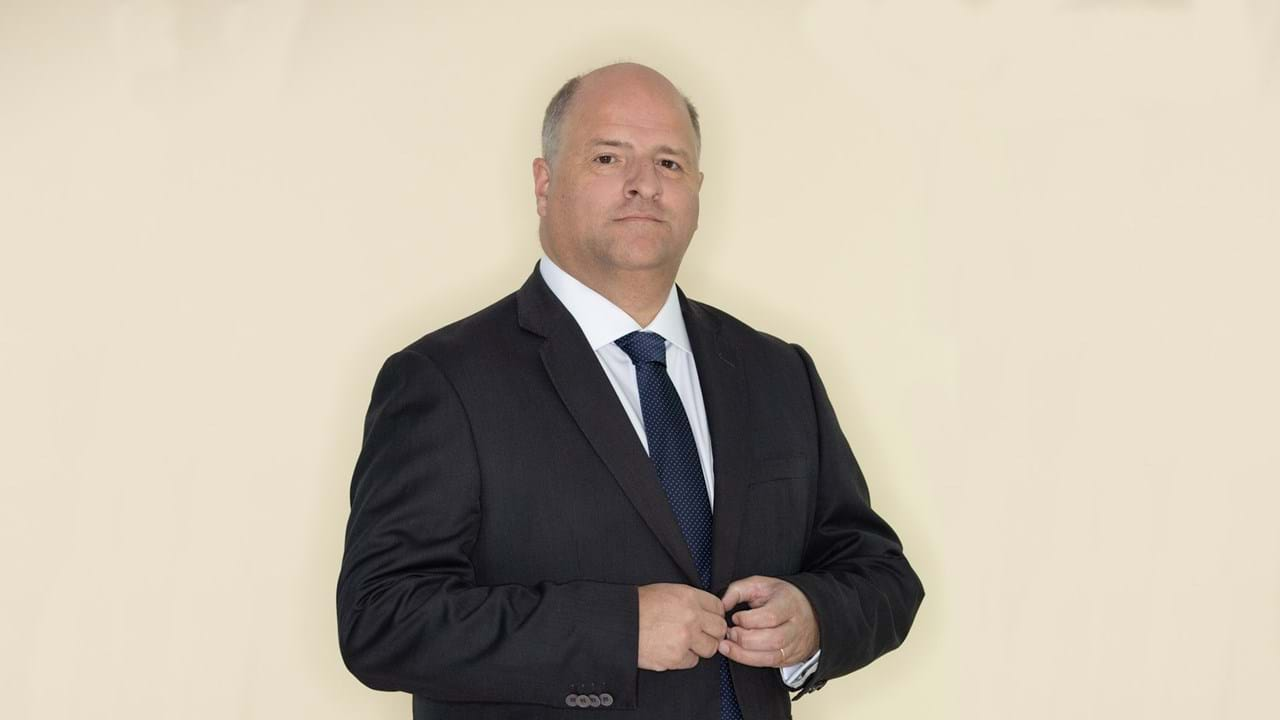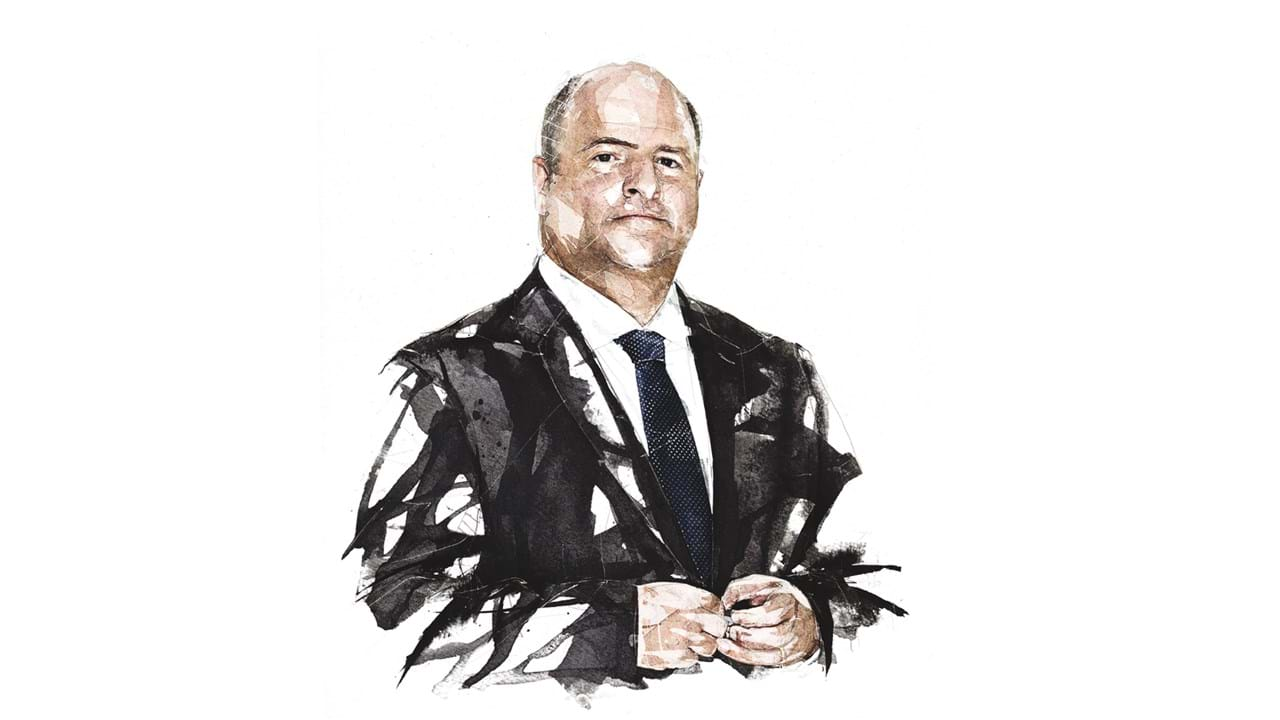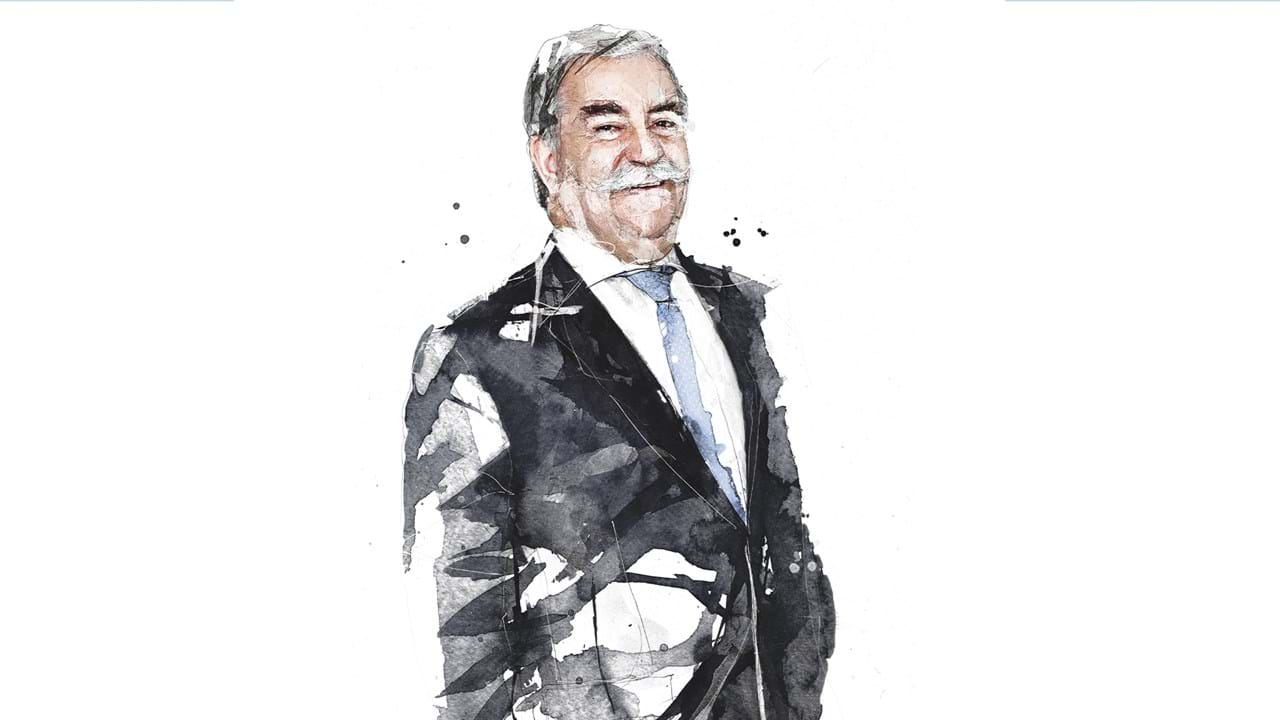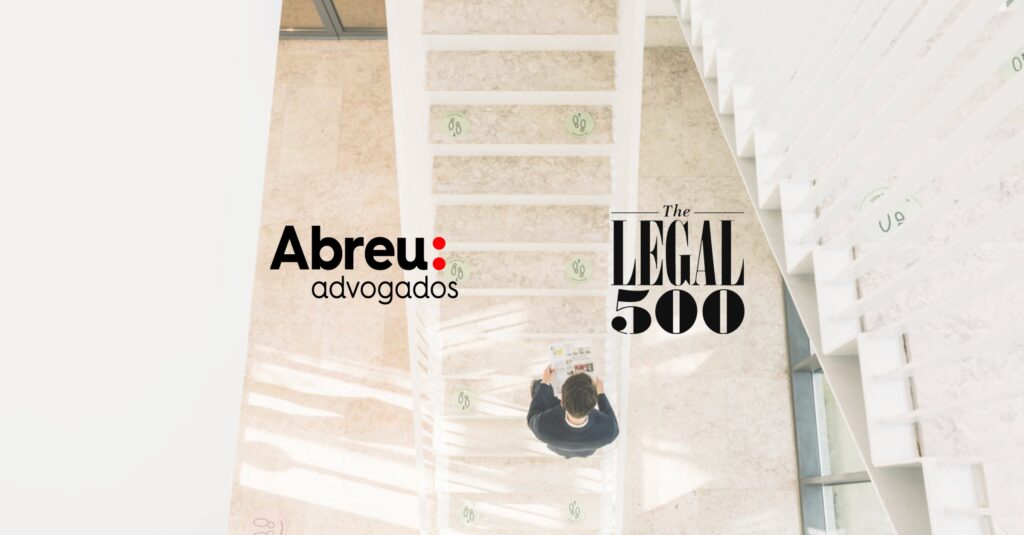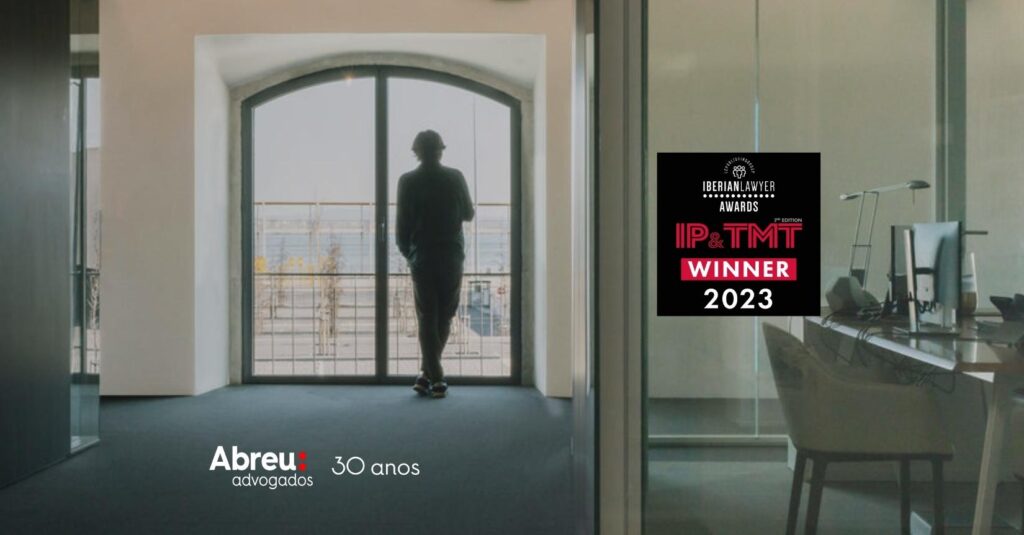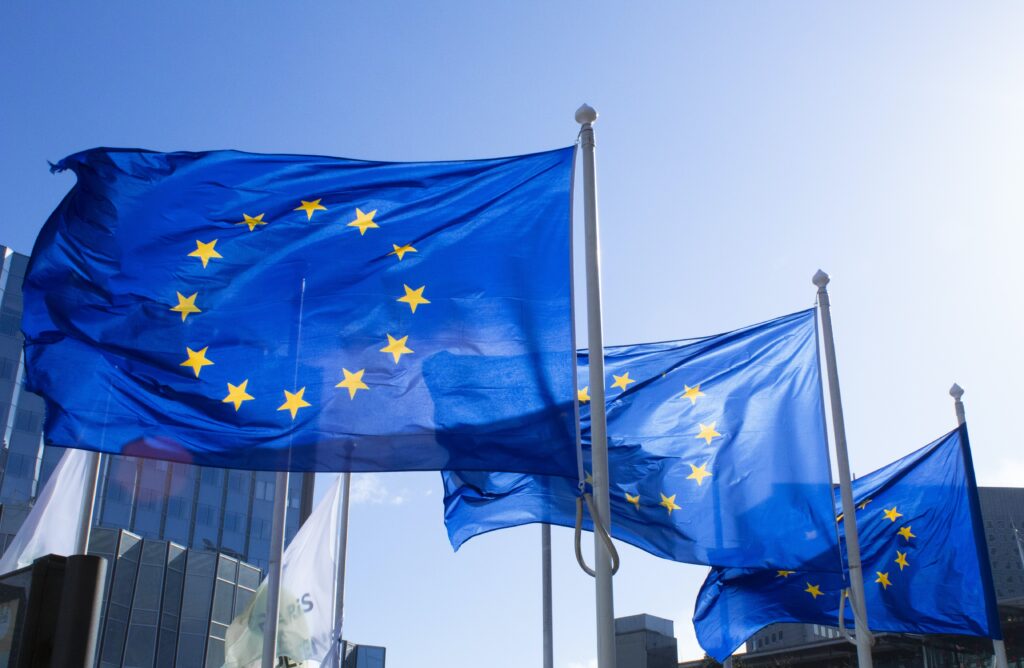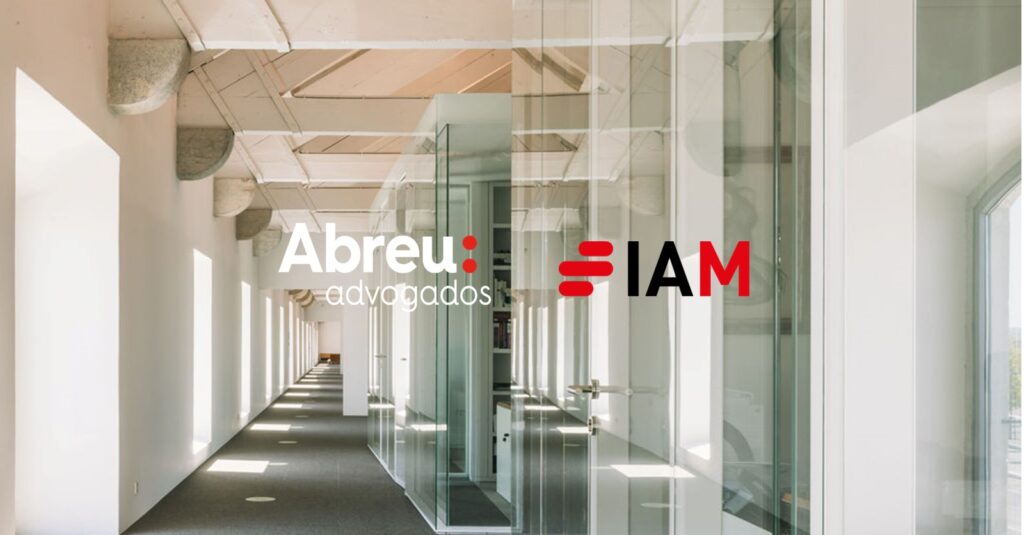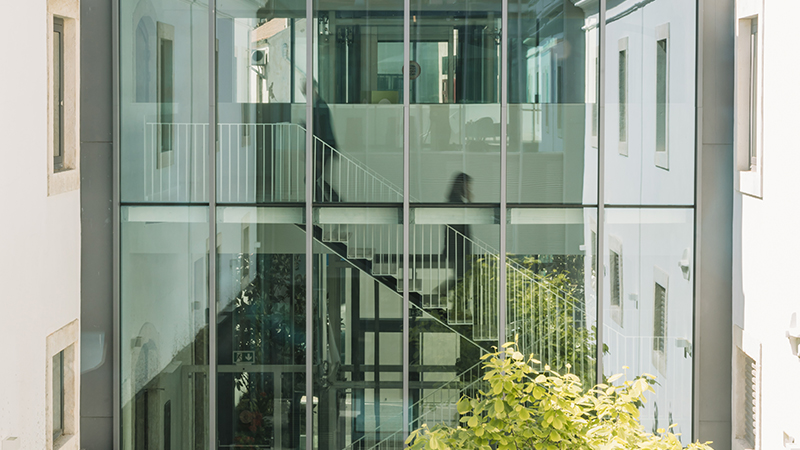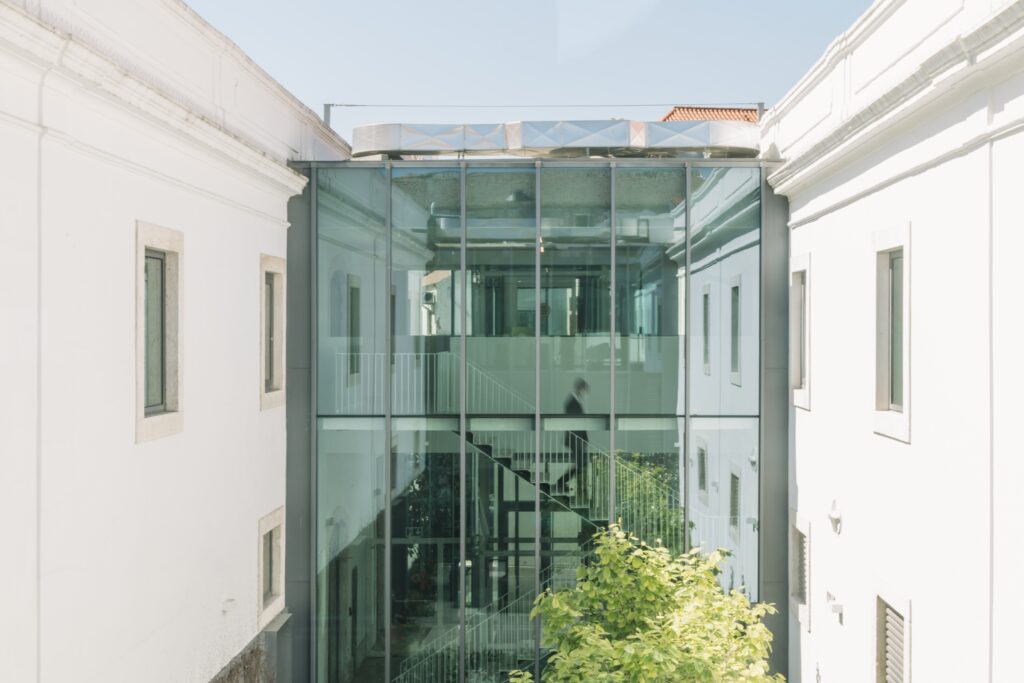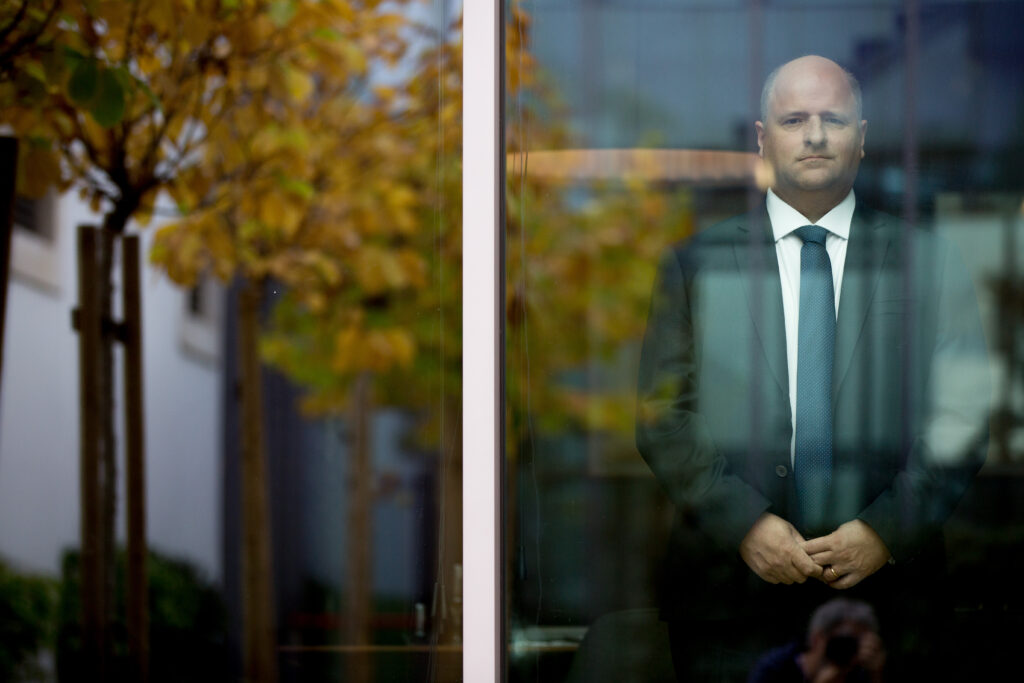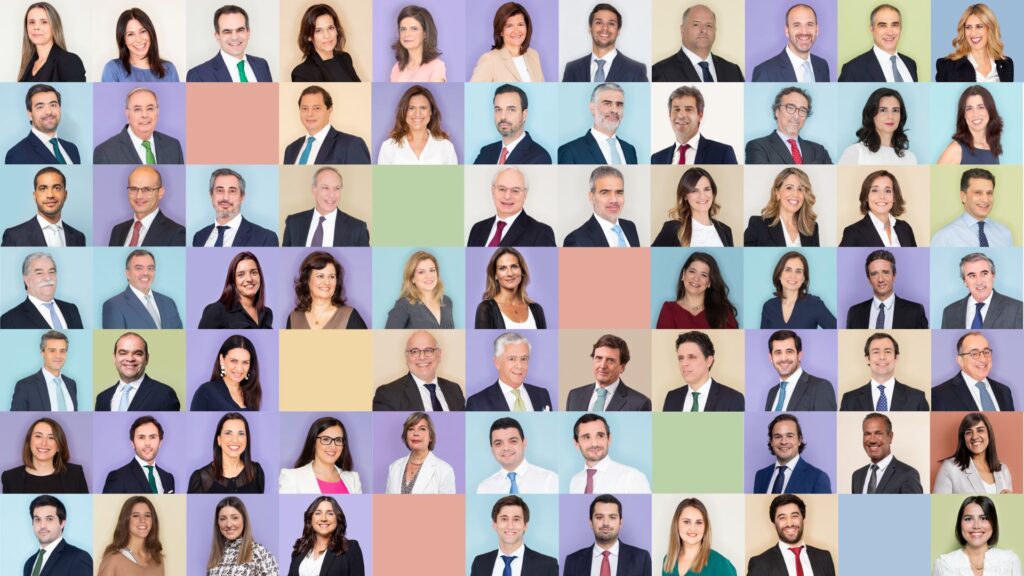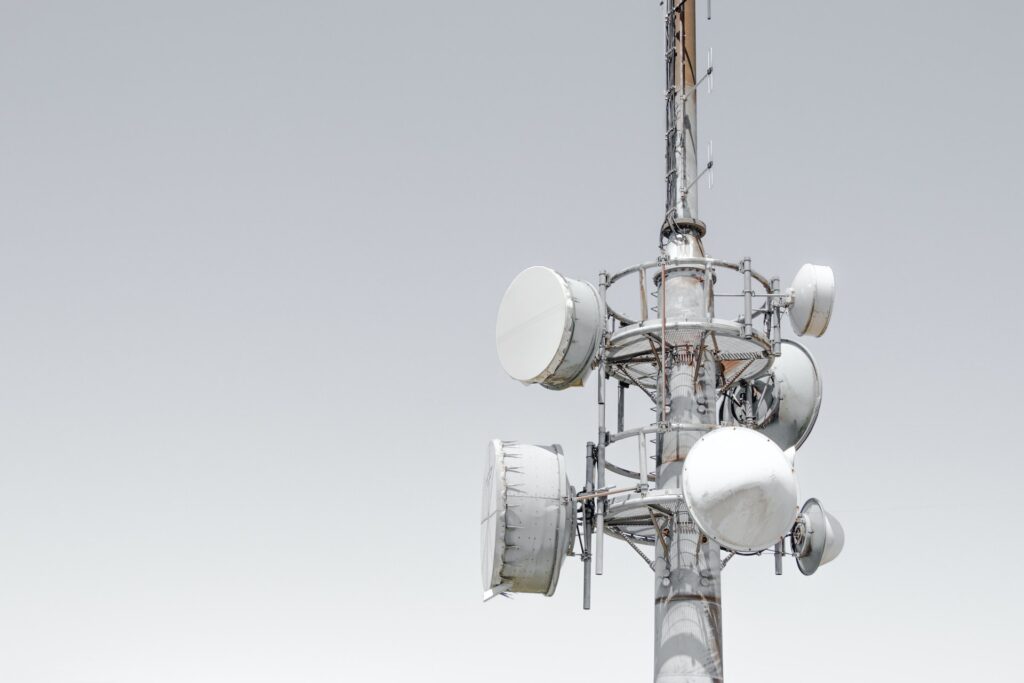Intellectual Property and Information Technology Updates | April to June 2023
Decree-Law 47/2023 – Specificities of the Portuguese Transposition of the Digital Single Market Directive
Written by Ricardo Henriques (Partner) and Margarida Castillo Silva (Associate Lawyer)
The Digital Single Market Directive (Directive EU 2019/790, hereinafter referred to as “DSM Directive”) was finally transposed in Portugal by Decree-Law no. 47/2023, which was published on June 19th, 2023, which entered into force on July 4th.
The adopted legislative option was to transpose the directive through an amendment to the Portuguese Copyright and Related Rights Code (Decree-Law no. 63/85, 14th March) and two separate laws (i) Decree-Law 122/2000, of 4th July, in its current wording, which transposes Directive 96/9/EC, of the European Parliament and of the Council, of 11th the internal legal system the Directive 96/9/CE, of the European Parliament and of the Council, of 11 March on the legal protection of databases, and (ii) Law no. 26/2015, of 14th April, as amended, which current wording regulates the collective management organizations of copyright and related rights, including as to the establishment in national territory and the free provision of services of the entities previously established in another Member State of the European Union or in the European Economic Area, and European Economic Area, and revokes Law no. 83/2001, of 3 August.
Decree-Law no. 47/2023 essentially and line with the DSM Directive:
- Introduces new exceptions aimed at: facilitate bulk data mining; allow caricature, parody or pastiche of copyrighted content; promote the conservation of cultural heritage; allow didactic illustration in an online environment of copyrighted content;
- Introduces the “Press publication” and “Press publishers” definitions;
- Grants a (new) related right for press publishers, concerning the online uses of the respective press publications;
- Introduces rules that make online content-sharing service providers directly liable for the actions of their users that infringe content protected by copyright and related rights;
- Strengthens the protection of authors, artists and performers in the context of contracts, which they conclude.
Specificities of the Portuguese transposition:
1. Article 8 of Decree-Law no. 47/2023 – Creation of an institutionalised arbitration centre
According to the explanatory statement of Decree-Law no. 47/2023, “provision is made for the possibility of authorising the establishment of a new arbitration centre or the extension of the powers of an existing arbitration centre to institutionalised mediation and arbitration in matters of copyright and related rights”.
Such provision corresponds to article 8 of the Decree-Law no. 47/2023. According to the latter, in particular with its paragraph 4, “Unless otherwise expressly provided by law, recourse to a specialised mediation and Arbitration Centre is optional.”.
Recourse to such specialized mediation and arbitration centre is deemed to be mandatory for certain disputes with: press publishers (concerning the grant of auhtorization and fullfillment of the information disclose obligation) and also concerning disputes between online content-sharing service providers and users of their services (arising from the removal or blocking of works or other protected material uploaded by them).
As of now, this institutionalised arbitration centre has not yet been established and there is no information as when it will be. Nevertheless, the Decree-Law provides for a transitory rule, in particular Article 12(4), according to which, until the constitution and effective beginning of operation of the institutionalised arbitration centre, the provisions of Law No. 63/2011 of 14 December for resolution via arbitration, and Law No. 29/2013 of 19 April for resolution via mediation, shall apply.
2. Article 12 (1) and (2) of Decree-Law no. 47/2023 – Extended collective licences for press publications of regional press publishers until 31 December 2028
According to this transitory rule, regional press publishers will be considered to be represented by collective management organizations, unless they opt out under Article 36-A of Law no. 26/2015 (which transposes Article 12 of the DSM Directive).
3. Article 188-A (2) (c) of Portuguese Copyright and Related Rights Code – lack of definition of very short excerpts
Decree-Law no. 47/2023 does not clarify what is meant by very short excerpts within the scope of the exceptions to the new related right now provided for in Article 188A of the Copyright and Related Rights Code.
4. Article 188-B(4) and (5) of Portuguese Copyright and Related Rights Code – specific situations where information society providers are not obliged to disclose information to press publishers
Paragraphs 4 and 5 of Article 188-B provide for specific situations where information society service providers are not obliged to disclose with relevant and trustworthy information regarding the use of press publications by their users (when disclosure of such information would involve the disclosure of tradesecrets, the unauthorized transmission of content protected by copyright or other exclusive rights or would involve the unlawful transmission of personal data; or where such disclosure is limited by confidentiality measures or guarantees, respectively).
5. Article 175-C(4) of Portuguese Copyright and Related Rights Code – maintenance of copies of unlawful content as an additional measure to help preventing the upload of previously removed content
Paragraph 4 of Article 175-C seems to follow CJUE case law (in particular Case C-18/18 and Case C-401), concerning the specific monitoring (pre-identified content research) or “filtering” obligation, provided for in Article 17(4)(c) of the DSM Directive. However, it is not clear from the current wording if this is in fact an obligation and the specific cases where the online content-sharing service providers shall maintain copies of unlawful content (“whenever necessary”).
In fact, it seem to us that the Portuguese legislator tried to find a balance by not providing for an “obligation” but rather an additional measure to help preventing the upload of content that was previously removed or blocked.
6. Article 195 of Portuguese Copyright and Related Rights Code – amendment to the usurpation crime
Under the Decree-Law no. 47/2023, “The crime of usurpation is committed by whoever, without the authorisation of the author or the artist, the phonogram and videogram producer, the broadcasting organisation or the press publisher, uses a work or performance by any of the means provided for in this Code.”
However, such conduct is not punishable “where the online content sharing services provider complies with the conditions laid down in Article 175-C(1) or Article 175-D(1) and (2), as the case may be.” (these conditions correspond to the ones provided in Articles 17(4) and (6) of the DSM Directive).
This legal solution raises some questions, such as whether it is sufficient to fill the legal gap on the criminal liability of legal persons for the crime of usurpation. It should be noted that under Portuguese law, legal persons can only be held criminally liable for crimes if expressly provided for by law, i.e. there must be an enabling provision (Article 11 of the Portuguese Criminal Code).
This amendment will only enter into force on January 1st 2024.
Copyright and Artificial Intelligence
Written by Ricardo Henriques(Partner) and Margarida Castillo Silva (Associate Lawyer)
The Court of Appeal of Porto, has recently realized that there was no prior criminal procedure required before the use of images captured by video surveillance systems within the scope of disciplinary proceedings.
The controversial issue on which the referred decision pronounced, concerns the admissibility of the use of video surveillance images as a means of evidence within the scope of disciplinary proceedings – specifically when a criminal complaint is not filed about the facts committed by the worker. This issue is of great practical importance, as video surveillance images can provide valuable evidence in the context of disciplinary proceedings.
According to Article 20 n.º 1 of the Portuguese Labor Code, “The employer may not use means of distance surveillance at the workplace, through the use of technological equipment, for the purpose of monitoring the employee’s work performance”.
The general principle that records from video surveillance means cannot, in principle, be used as evidence in disciplinary proceedings stems from the primacy of the constitutional right to privacy, which Article 20 n.º 1 of the Portuguese Labor Code mirrors and reflects in the labor world.
However, n. º 2 of the aforementioned legal precept states that “The use of the equipment referred to in the previous paragraph is lawful whenever its purpose is the protection and safety of people and property or when specific requirements inherent to the nature of the activity so justify”.
In this sense, video surveillance may be installed when the protection and safety of people and property is at stake or when particular requirements inherent to professional activity so justify.
On the other hand, according to article 28 n. º 4 and 5 of the Personal Data Protection Law , these same images collected by the video surveillance systems could only be used in disciplinary proceedings if they were used in criminal proceedings.
However, the Court of Appeal understood that although article 28 n. º 4 of the Personal Data Protection Law mentioned that the recorded images could only be used in criminal proceedings, n. º of the same article opens the scope for the use of such recordings to ascertain the disciplinary responsibility of the employee in question insofar as the facts have criminal relevance. Specifically, the Decision in question states that:
“(…) The video surveillance means cannot be used for the purpose of controlling the worker’s professional performance, but rather for the protection and safety of people and property, so that they may be used as evidence in the ascertainment of disciplinary responsibility, if it is not a question of controlling the worker’s performance and the facts may have criminal relevance, but regardless of whether there is a criminal proceeding”. (emphasis added).
This court decision opens the way for the employer to consider whether or not to file a criminal complaint against the employee in question, without prejudice to the possibility of using the images collected by the video surveillance system for disciplinary purposes.
Case Law
Portuguese IP Court confirms the conditions to obtain a declaration of restitutio in integrum to revalidate an European patent in the country.
There is not much litigation in Portugal concerning the revalidation of patent rights under the mechanism of restitutio in integrum. Yet some cases do exist, thus it is interesting to report new judgements issued on this specific question.
In the second quarter of 2023 the Portuguese IP Court judged an appeal filed against a decision of the Portuguese Patent and Trademark Office that refused a request for re-establishment of rights. The court ruled in favor of reestablishment of patent rights in Portugal in this case related with a European patent that missed a timely validation in Portugal.
Before we address to the judgement itself it is relevant to remind that the basic legal rule concerning the re-establishment of rights is contained in the article 8 of the Portuguese Industrial Property Code (hereinafter as “IP law).
Under this provision it is established that that the interested party may have its rights reestablished if he so request, provided that (i) despite all the oversight accomplished and required under the circumstances, (ii) he has failed to comply with a deadline and (iii) that may lead to its refusal or affect the respective validity and (iv) the cause of the failure to comply cannot be directly attributed to the right-holder.
The request for reestablishment of rights must be submitted in writing duly reasoned, within a period of two months counted from the end of the fact that prevented compliance with the deadline but shall only be accepted within a period of one year as of the deadline that was missed whatever the circumstances. The omitted act must be complied with during the same two-month deadline accompanied by the payment of a re-establishment fee.
However, if a request for revocation is pending, re-establishment cannot be applied. It is also important to understand that the applicant or right-holder of a re-established right cannot invoke its right from a third party who in good faith during the period spanning from the loss of granted rights and publication of the mention of re-establishment of these rights has begun exploiting the subject matter of the right or has made effective and serious preparations to exploit and market them.
In any case a third party may avail himself of these provisions aimed to protect third parties, within a period of two months counted from the date of publication of the mention of re-establishment of the right, oppose the decision that reinstates the applicant or owner of the right.
Whereas the applicable legal rules in the second quarter of 2023 the IP Court judged in favor of the re-establishment of European patent whose applicant did not comply with the legal deadline to validate such right in Portugal.
To achieve this goal the holder of this European patent carried to the court file an important amount of evidence addressed to prove that he acted with reasonable and expected diligence to validate the patent in Portugal as (a) he had outsourced the management of the European patent to a patent attorneys firm (b) paid the services received (c) gave timely and clear instructions to the patent attorneys firm (d) but the firm failed to comply with the deadline for validation (e) and consequently the patent protection was lost in Portugal (f) to conclude that the cause of the failure cannot be attributed to him. The applicant also proved that there was no revocation request pending nor third-party rights affected.
The court in its judgement said that the provision contained in the Portuguese law is somehow like the correspondent provision established in EPC thus the same reasons usually applied by EPO or EUIPO in its decisions to accept or refuse the re-establishment of rights should be followed in this case. Despite under the case law of EPO and EUIPO the reasons invoked by the applicant would not ground a decision to reinstate the patent, in this case the Court used the working limitations that were effective during Covid pandemic period to accept that there was an acceptable ground to uphold the appeal.
In the judgement the IP court emphasized the importance of the legal conditions for the re-establishment of rights to preserve the principles of trust and legal certainty.
Courts affirms an apply legal principles to refuse declaring forfeiture of trademark registrations for lack of serious use and confirm the correct interpretation of the Portuguese legal provisions in line with the provisions of the EU Directive 2015/2436.
In two different cases whose judgements were published during the second quarter of 2023, the Portuguese courts affirm and apply the legal provision and principles to refuse declaring forfeiture of trademark registration requested for lack of serious use. These decisions also declare the sense of the adequate interpretation of national laws in connection with the EU Directive nº 2015/2436.
The Lisbon Court of Appeals in one case and the Portuguese IP Court in the other case rejected the applications to declare forfeiture of two trademark registrations requested based on lack of serious use and use of the trademark with a different image than the one registered.
In both judgements the courts declared that the essential functions of trademarks are to guarantee to consumers the identification of the source of the marketed product and to distinguish the products and services of one undertaking from those of a different undertaking for a fair competition. The trademark is the object of serious use when it is used in line with its essential functions to create or to keep a market share for the marketed products and services, what excludes token uses or uses solely pursued to keep trademark registrations in force.
The Portuguese jurisprudence established two main criteria to assess the serious use of trademarks:
(a) quantitative through which commercial use consists of the effective use in such a way quantitatively sufficient either to supply the market or to justify the serious use requisite for instances in case of small markets for some types of products.
(b) Qualitative through which the serious use of the trademark consists in its effective use in accordance with its distinctiveness to create or to keep a market share for the marketed products and services. Token use is not valued for the purpose of serious use.
The court said that the assessment of serious use must take into consideration all facts and circumstances adequate to prove the exploitation of the trademark at stake, such as the characteristics of the respective market, nature of the marketed products and services, territorial and quantitative scope of the use, frequency, and regularity of the use. Therefore, even a small use may be sufficient to consider a serious use depending on this balance.
According to article 268 of the IP law the trademark registration lapses if it is not put into serious use during a period of five consecutive years unless there are justified reasons to support the absence of use.
In the first of these two cases judged by the IP Court and considering the legal provisions applicable and the criteria established by the Portuguese jurisprudence, the court declared that despite the application for cancelation based on lack of serious use was not timely introduced and this was a first reason to immediately reject cancelation, even though the court analyzed the case. In its analysis the court concluded that despite the evidence served by the trademark owner the trademark in question – MOLIN – was not put into serious use during the five-year term. However, there was a due justification and reason to support the absence of serious use, that was the lockdown period that consumers and companies undergone through Covid-19 pandemics in Portugal.
Consequently, even if the application for cancelation would have been filed in time (what did not happen), the request for cancelation would have to be dismissed as there was an effective and justified reason for non-use during the five-year period. As a result, the trademark registration was kept in force.
In the second case judged by the Court of Appeals, considering the legal provisions applicable and the criteria established by the Portuguese jurisprudence that must be interpreted in line with article 16 of the EU Directive 2015/2436, the use of the trademark NEXT is serious and effective despite the fact that said trademark was used in commerce in a different image which did not affect neither the identity of the trademark nor had changed its distinctiveness. Consequently, the court accepted that the trademark owner proved the serious use of its trademark during the five-year period and maintained the trademark valid and in force.
Decision of the Supreme Court of Justice of December 2022 – Exceptional Appeal 174/21
Written by António Andrade (Partner)
SPC 857 was rejected by the Portuguese Patent Office (National Institute of Industrial Property – INPI) basically on the grounds that the basic patent (EP 1210428), in its claims, did not expressly identify the active substance atezolizumab. Thus, the SPC was not granted for the non-compliance with art. 3, paragraph a) of Regulation 469/2009/EC.
The SPC applicant appealed to the Intellectual Property Court (IPC), which upheld the INPI decision. From this judgment, the applicant appealed to the Court of Appeal, which also upheld the decisions of INPI and IPC.
In an exceptional review appeal – which is rarely formally admitted – the Supreme Court of Justice (SCJ) has rendered a final judgment that confirmed the rejection of SPC 857.
This is a relevant decision on the scope of protection of an SPC, specifically in the light of art. 3, paragraph a) of the Regulation.
More specifically, the SCJ confirmed the understanding of the mentioned previous instances that the basic patent (EP 1210428), in its claims, did not “implicitly but necessarily” identify the active substance atezolizumab.
The SPC applicant claimed that, upon reading EP ‘428, the person skilled in the art clearly understands that it provides sufficient background and description for Fc-modified anti-PDL1 antibodies, including the active ingredient atezolizumab. He also based his claim on the ECJ decision C-493/12, which admitted that a product, such as an antibody, can be validly claimed through a functional description and that this can be a valid basis for an SPC.
The SCJ, invoking MEDEVA decision maintained that SPCs cannot be granted based on patents where the active principle is not expressly claimed, as is the case of EP ´428. And interprets art. 3 of the Regulation in the sense that a product is not protected by the basic patent in force, within the meaning of this provision, when, although it is covered by the functional definition contained in the claims of that patent, it has been developed after the date of the patent application, in following an autonomous inventive step. It adds that what matters is that the active principle is used and claimed at the date of the patent application and that the active principle is an effective agent, known to a person skilled in the art, for the therapy envisaged in the claims.
It concludes that the SPC is not intended to expand the scope of protection of a patent and the research results obtained after the patent application cannot be taken into account for the granting of an SPC, as Regulation 469/2009 is opposed to this and in particular its art. 3, paragraph a).
As can be seen, this decision – and the previous ones – adopt a formal and “conservative” position with regard to the interpretation of art. 3, paragraph a) of the Regulation.
Indeed, there is somehow a formalistic approach in the following conclusion: since the active ingredient atezolizumab is not expressly mentioned or identified in the claims of EP ´428, there is no scope for granting an SPC.
But, having the SPC applicant claimed and proven that the person skilled in the art clearly understands that the same patent itself provides sufficient basis and description for Fc-modified anti-PDL1 antibodies, including the active principle atezolizumab, there could be, in our opinion, a broader interpretation of art. 3 of the Regulation.
The key question for this understanding to proceed is whether that exercise by the person skilled in the art was possible on the date of the patent application or whether it would only be possible after that date, as a result of subsequent investigations.
In fact, if the evidence that the basic patent already allowed that interpretation by the person skilled in the art at the time of the patent application, then we see no reason for the SPC to be refused insofar as the patent, although it does not specifically claim the active principle atezolizumab, protects “implicitly but necessarily” the active substance.
On the contrary, if it was only after the date of the patent application that the person skilled in the art could identify the active ingredient atezolizumab – as a result of subsequent investigations – it seems to us that the understanding of the SCJ is perfectly valid and also the general conclusion that the SPC is not intended to extend the scope of protection of a patent.
In any case, requests from SPCs must be carefully analyzed and, in case of refusals, the appeal judicial must be objective and cautious but not too formalistic.
For example, in a 2021 case, an SPC where the basic patent claimed the combination of an active substance and an excipient – but which decisively contributes to the therapeutic efficacy of the active substance – was rejected by the INPI and, on appeal, by the IPC.
However, the Court of Appeal ended up being able to grant the SPC based on that mentioned fact and performed, with great merit, a not so restrictive and formalist interpretation of art. 3 of the Regulation.
These matters will still be a subject that will give much to talk about, especially due to the announced competence of the EUIPO in relation to the SPCs.



